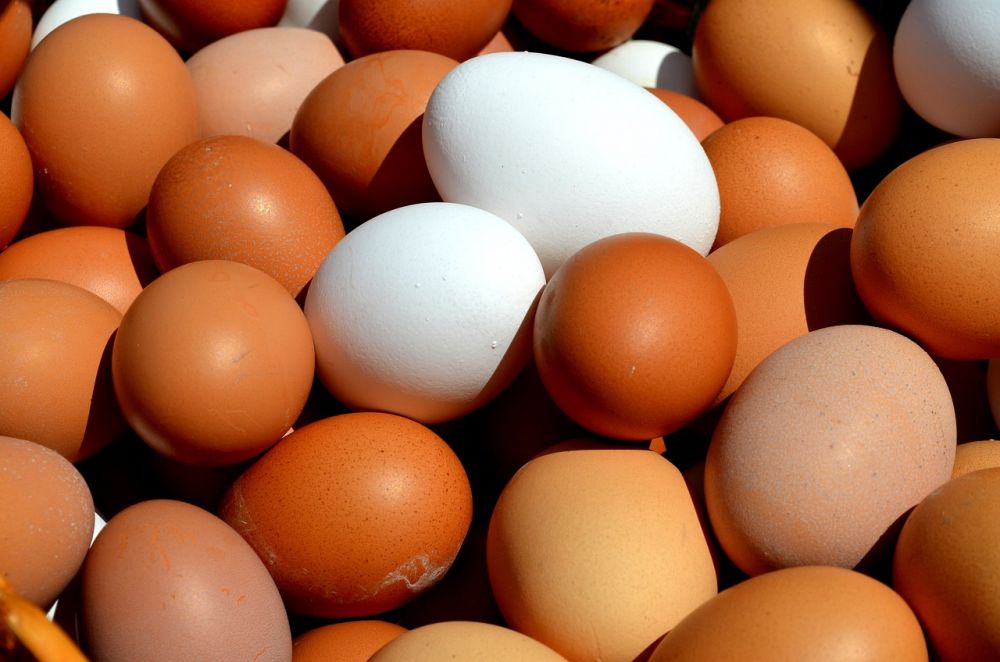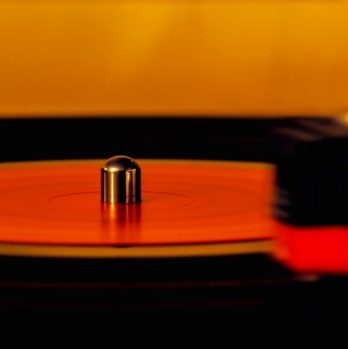Ecological Hair Salons: A Sustainable Choice for the Conscious Individual

Introduction ():
In recent years, the demand for ethical and environmentally friendly alternatives has significantly increased across various industries. One sector that has witnessed significant growth is the beauty industry, with the emergence and popularity of ecological hair salons. This article aims to provide an in-depth understanding of what an ecological hair salon entails, the different types available, their popularity, quantitative measurements, how they differ from one another, and a historical overview of their advantages and disadvantages.
I. An Overview of Ecological Hair Salons:

Ecological hair salons, also known as organic or green hair salons, are establishments that prioritize sustainability and minimize their environmental impact. This holistic approach extends to every aspect of the salon, including their products, practices, and even the salon’s building materials. Unlike conventional hair salons, ecological hair salons focus on using natural, organic, and eco-friendly products to achieve optimal results while ensuring the health and well-being of both clients and the environment.
II. Types and Popularity of Ecological Hair Salons:
1. Organic Hair Salons:
– These salons exclusively use certified organic products, free from harsh chemicals such as parabens, sulfates, and synthetic fragrances.
– Popular organic brands include Aveda, Organic Colour Systems, and Davines.
2. Vegan Hair Salons:
– Vegan salons avoid all animal-derived ingredients, making their services suitable for those following a vegan lifestyle.
– Vegan hair care brands include Pureology, Kevin Murphy, and Maria Nila.
3. Sustainable Salons:
– These salons focus on minimizing waste and pollution by adopting sustainable practices, including recycling hair clippings, implementing energy-efficient lighting and appliances, and using low-impact cleaning products.
– Sustainable salons often collaborate with organizations like Green Circle Salons to ensure responsible waste management.
Quantitative Measurements of Ecological Hair Salons:
1. Certification:
– Many ecological hair salons obtain certifications, such as the Green Business Certification Inc.’s Green Business Seal, to validate their commitment to sustainability.
– These certifications require meeting specific criteria regarding energy efficiency, waste reduction, and the use of eco-friendly products.
2. Waste Management:
– Ecological hair salons track and report their waste management practices, including recycling hair clippings, chemical disposal, and water usage reduction.
– Staggering statistics reveal the positive environmental impact of these practices, such as diverting tons of hair from landfills and reducing toxic chemical runoffs.
Discussion on the Differences Between Ecological Hair Salons:
– Product Selection:
– While all ecological hair salons prioritize using natural and organic products, the specific brands and ranges they offer may vary.
– Some salons may exclusively use local or handmade products, while others focus on internationally recognized organic hair care lines.
– Service Offerings:
– Some ecological hair salons specialize in specific services, such as organic hair coloring or chemical-free keratin treatments, catering to clients with specific preferences or sensitivities.
– Others offer a comprehensive range of services, ensuring a full eco-friendly experience for clients.
Historical Overview of Advantages and Disadvantages of Ecological Hair Salons:
Advantages:
1. Health Benefits:
– The use of organic and natural products minimizes the exposure to harmful chemicals, reducing the risk of allergic reactions and scalp irritation.
– Organic products often contain nourishing ingredients that promote healthy hair growth.
2. Environmental Impact:
– Ecological hair salons significantly reduce their carbon footprint by using eco-friendly products and implementing sustainable practices, contributing to a cleaner and greener planet.
3. Ethical Considerations:
– Supporting ecological hair salons helps promote ethical practices, such as fair trade and cruelty-free testing, contributing to a better global beauty industry.
Disadvantages:
1. Cost:
– Compared to conventional hair salons, ecological hair salons may charge higher prices due to the premium nature of their organic products and sustainable practices.
– However, considering the long-term benefits to both personal health and the environment, this higher cost is often justified.
Conclusion:
Ecological hair salons have proven to be a preferred choice for those seeking sustainable and ethical alternatives in the beauty industry. By providing an overview, exploring different types, examining popularity, quantifying their impact, discussing differences, and understanding historical pros and cons, individuals can make informed decisions about choosing an ecological hair salon. By supporting these salons, a conscious individual contributes to a healthier, greener, and more responsible future.
(Note: The placement of the video clip should be determined by the editor based on the flow and relevancy within the context of the article)











